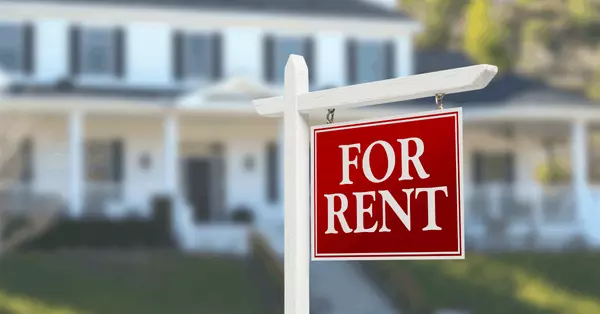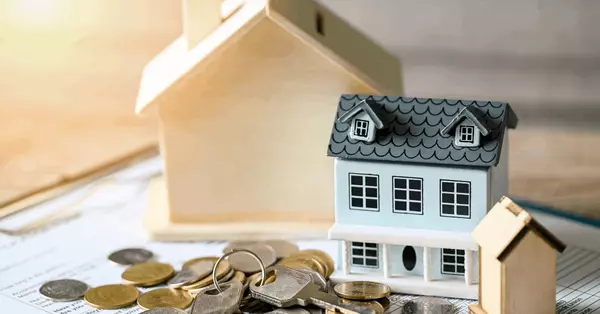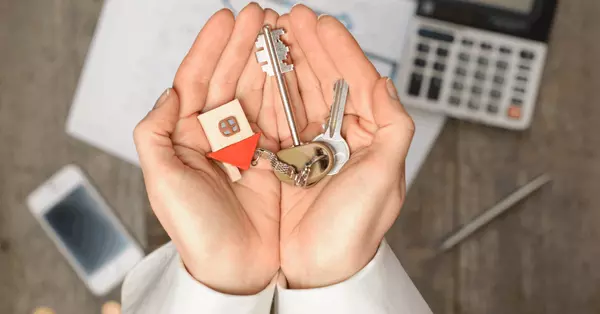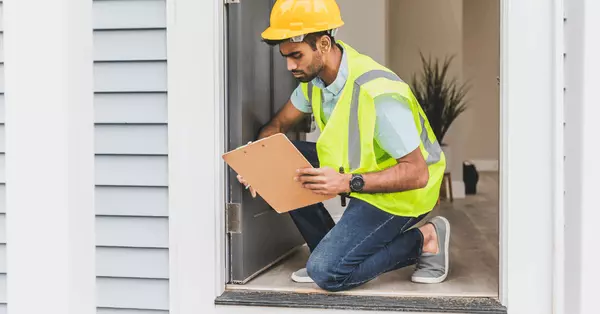

How to Choose Where to Live: 10 Questions to Consider Before You Move
A guide to finding a home you love in a place that truly feels like home Deciding where to live, whether it’s for a short while or a lifetime, involves weighing many factors. These range from broad concerns like the local job market to more specific details like whether you'll miss having your favor
Read More

Tax Benefits for Homeowners
Learn about tax deductions that could save you money just for being a homeowner when tax season rolls around Owning a home comes with its own set of rewards and challenges, especially during tax season. Depending on your situation, homeownership can help reduce the amount of income taxes you owe th
Read More
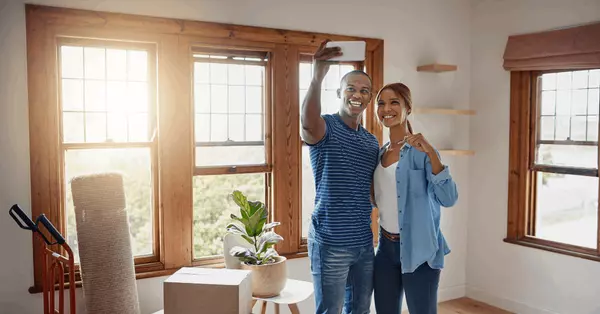
6 Common Reasons Homeowners Experience Buyer's Remorse After Purchasing a House
Three out of four homebuyers admit to having at least one regret about their purchase. Follow these tips to avoid buyer's remorse In a competitive seller’s market, it’s easy to get so caught up in finding a home that you overlook potential downsides or fail to think about whether it will meet your
Read More

12 Surprising Things No One Tells You About Owning a Home
Experienced homeowners share the surprises they encountered, the things that made them happy, and the valuable lessons they’ve learned along the way Most homeowners will tell you how excited they were when they first bought their home. But after some time, they'll also share the surprises-both good
Read More
Categories
- All Blogs (36)
- Buyer Stories (1)
- Buyer tips (7)
- Buyers (3)
- Buying (2)
- Buying Advice (3)
- Buying Assistance (3)
- Credit & Debt (2)
- Down Payment (1)
- Financing (8)
- Financing Options (1)
- First Time Home Buyer (20)
- Foreclosures (1)
- Interest Rates (2)
- Loans (4)
- Military (5)
- Mortgage Interest Rates (1)
- Mortgage Rates (1)
- New Construction (1)
- Personal Finance (2)
- Refinance (1)
- Tax tips (1)
- Title & Closing (1)
- VA Loans (1)
Recent Posts




